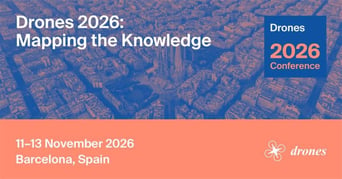- 4.1Impact Factor
- 8.6CiteScore
- 25 daysTime to First Decision
News & Conferences
Latest News & Announcements
Latest Conferences
Propose a Conference Collaboration
Promote and publicise your upcoming conference with MDPI.
All News & Conferences
News & Announcements
Meet Us at the International Symposium on Remote Sensing 2026, 13–15 May 2026, Shimane, Japan
5 March 2026
News & Announcements
Meet Us at the American Geophysical Union (AGU) Annual Meeting 2026, 7–11 December 2026, San Francisco, USA
4 March 2026
News & Announcements
MDPI INSIGHTS: The CEO’s Letter #32 - MDPI China and Thailand, China Science Daily, 1,000 Partnerships, R2R
28 February 2026
News & Announcements
MDPI Virtual Academic Publishing Workshop (New Harvest), 25 February 2026
20 February 2026
News & Announcements
MDPI’s Open Access Program Reaches 1,000 Institutions Worldwide
18 February 2026
News & Announcements
Acknowledgment to the Reviewers of Remote Sensing in 2025
6 February 2026
MDPI Conference
Drones 2026: Mapping the Knowledge
11 - 13 November 2026
News & Announcements
MDPI INSIGHTS: The CEO's Letter #31 - MDPI 30 Years, 500 Journals, UK Summit, Z-Forum Conference, APE
2 February 2026
News & Announcements
MDPI at AGU 2025: Celebrating Open Science and Academic Excellence
26 January 2026
News & Announcements
Meet Us at the Ocean Sciences Meeting 2026, 22–27 Febuary 2026, Glasgow, UK
23 January 2026
News & Announcements
Meet Us Virtually at the 1st International Online Conference on Imaging (IOCIM 2026), 4–6 November 2026
22 January 2026
Partner Conference
Geo Week 2026
16 - 18 February 2026
of 35











